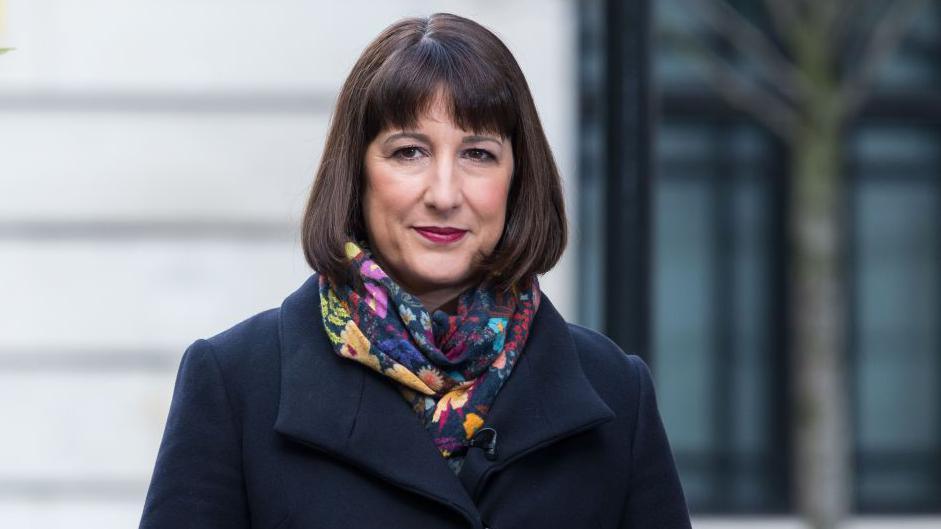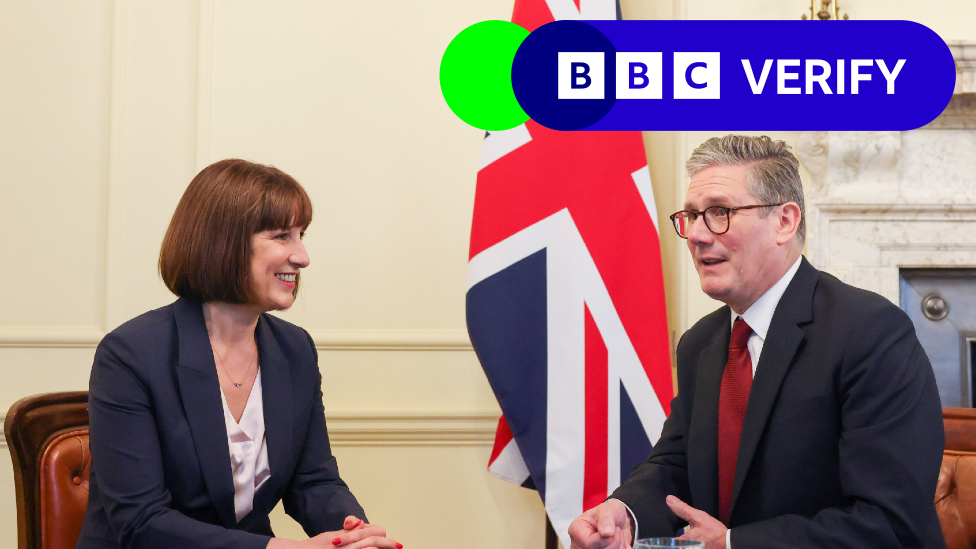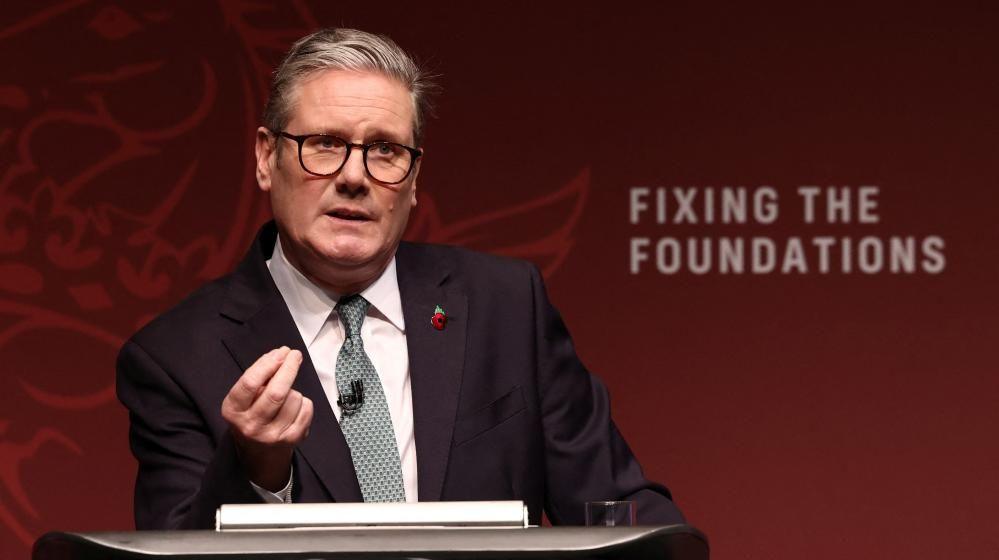Pub landlord fears Budget may cost him £24K a year

Pub landlord Dan Cocks says he is "very nervous" about possible changes to business rates relief in the Budget on Wednesday
- Published
A pub landlord is "nervous" that changes to business rates relief in the government's Budget on Wednesday could cost him £24,000 a year.
Business rates relief, external was introduced for pubs, restaurants, bars and cafes in response to the Covid-19 pandemic, but is set to run out in April 2025.
Dan Cocks, who runs the Edgcumbe Arms at Cremyll, Cornwall, said losing the support would cost him £2,000 a month and would be "the straw that breaks the camel's back" for his business.
Labour will announce its first Budget in 14 years on Wednesday, with the Treasury saying it was "supporting businesses" and had pledged to make the "business rates system fairer".
Currently, eligible businesses can get 75% off their rates bills up to a maximum of £110,000 a year.
Mr Cocks said the potential for losing the support had made him "very nervous" as the money to replace it was "not there."

Kevin Georgel, chief executive of St Austell Brewery, says pubs have already been hit by lower visitor numbers to the region
St Austell Brewery in Cornwall, which has 120 tenanted pubs across south-west England, said the year had already been challenging due to a quieter holiday season.
Kevin Georgel, St Austell Brewery's chief executive, said: "We're really concerned about possible increases in taxation for a sector that's already really struggling.
"We've seen a reduction in visitor numbers and pubs have felt that severely through the course of this year."
Mr Georgel added that potential increases in business rates, alcohol duty and national insurance contributions for employers could cost "hundreds of millions of pounds" for the sector as a whole.
A Treasury spokesperson said: "We’re supporting businesses like our well-loved pubs through pledges to make the business rates system fairer, cap corporation tax at 25% and to publish a corporate tax roadmap so that they have some welcome certainty to plan for the future."
Follow BBC Cornwall on X, external, Facebook, external and Instagram, external. Send your story ideas to spotlight@bbc.co.uk, external.
Get in touch
How does the Budget affect you personally and what would you like us to explain?
- Published30 October 2024

- Published31 October 2024

